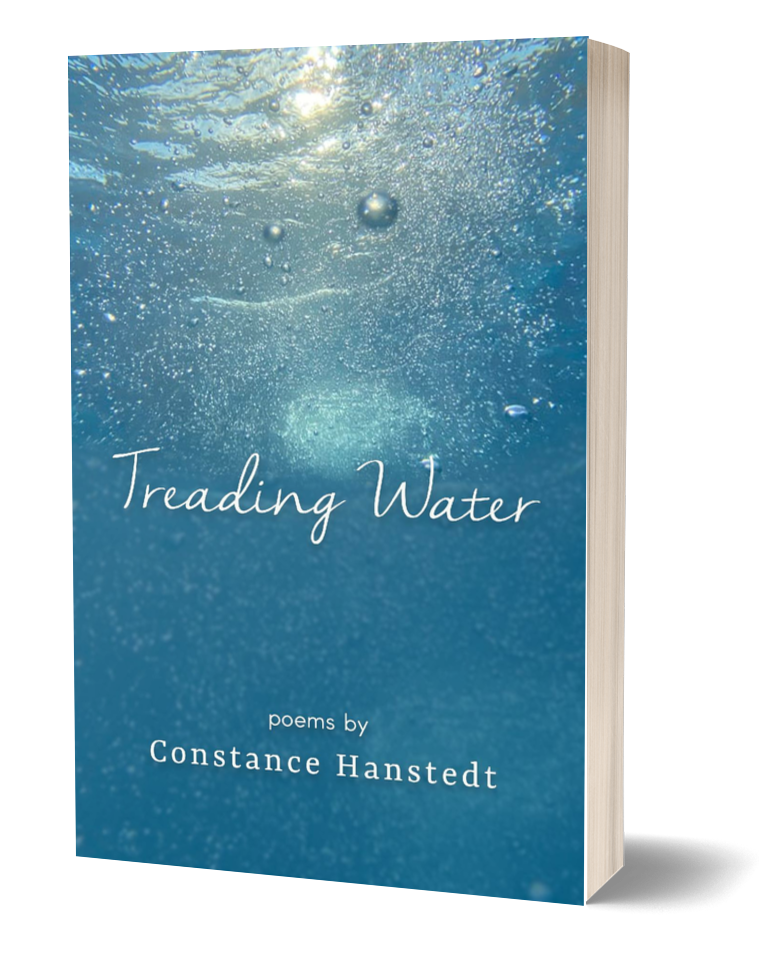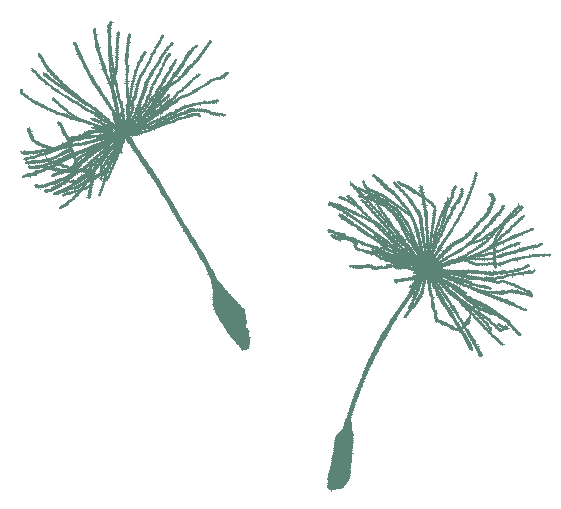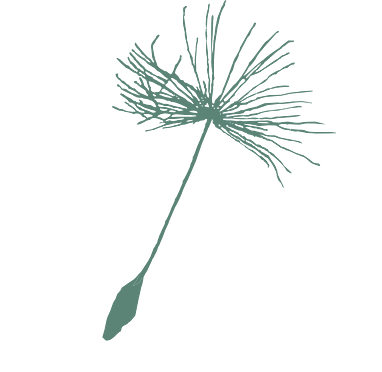
Treading Water
poems by Constance Hanstedt
Treading Water
Through well-crafted verse, and in a voice that is both lyrical and insightful, Treading Water explores memory, roots, family, and life’s struggles.
The poet invites the reader in to experience individual and universal emotions. While reflecting on the dualities of loss and redemption, and suffering and acceptance, the author holds on to the beauty of nature and the possibilities of hope. And although journeys can be difficult, “sometimes triumphs are simple . . . even my voice, with its cracks and imperfections.”
ORDER NOW:
COMING SOON:
Praise for Treading Water
Connie Post
Author of “Floodwater” winner of the Lyrebird Award and “Prime Meridian”
“In Treading Water the poet Constance Hanstedt explores the most vital aspects of family, history, memory, roots, loss and redemption. This book eloquently highlights that important space between silence and sound. It examines this through well crafted poetry that takes us to age old rivers, a third base dugout, old dogs, and a blazing mid-west sky. The poems in this collection let the reader settle in and will make the reader long for the time when ‘the earth grew quiet’. This work also examines the darker journeys that many families struggle with. But the poet reminds us “whatever you can find, that will be enough” and leaves us understanding how not all difficult memories can be settled, but there are ways to keep the “archives of memories, caulked”. If poetry is supposed to be like a “melody soothing every muscle, every weary bone” then this collection masterfully accomplishes that. Treading Water helps us to know that although our journeys can often be difficult ‘sometimes triumphs are simple’. ”
Deborah Grossman
Poet Laureate Emerita, City of Pleasanton, Calif, 2009-2011, author of Goldie and Me, and food, drink and travel writer
“Treading Water offers equal doses of insights and lyricism on each page. On one level Treading Water is about staying afloat among the tumultuous waves of powerlessness tossed upon us. Yet Constance Hanstedt eyes the swirling pools surrounding her and climbs above the mundane to keenly glean the metaphor behind everyday injustice. Watching her father mow the dandelions flat, ignoring “their bright yellow heads of hope,” Hanstedt observes, ‘I never felt the urgency/to demand only goodness/from the living.’ Her poems weave through the letting go of lost love and fading lilacs ‘with their brief shadow of perfume,’ and holding on to the beauty of nature and universal redemption by finding that ‘triumphs are simple…even my voice, with its cracks and imperfections.’”



